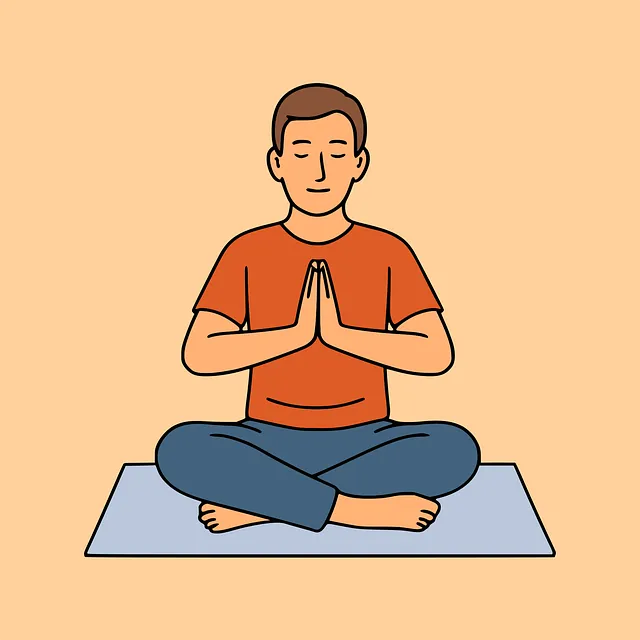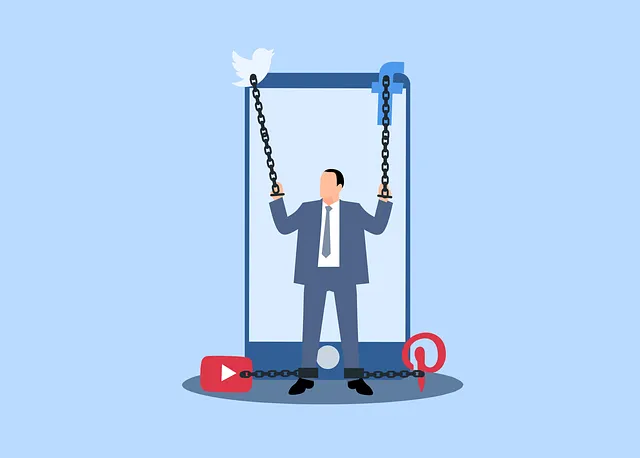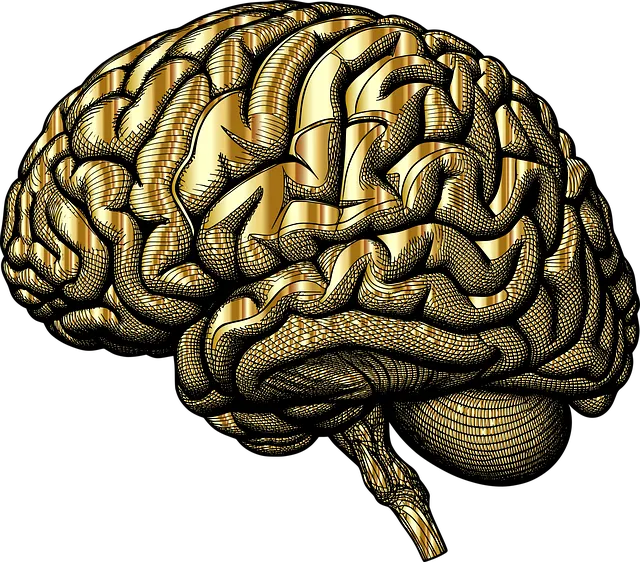Mental wellness apps like Lone Tree by Kaiser have emerged as powerful tools for managing emotional well-being, catering to a wide range of users from everyday stress to severe mental health issues. Lone Tree promotes mental resilience through tailored features for burnout prevention and inner strength development. With engaging components like mood tracking, CBT exercises, guided meditations, social connection features, and integration with wearable devices, it offers immediate distress support and fosters long-term healthy habits. Its user-centric design, holistic approach, and evidence-based practices make Lone Tree an effective solution for managing stress and anxiety, bridging the gap between traditional therapy and everyday life.
Mental wellness apps are transforming the way we approach mental health support, meeting the rising demand for accessible and personalized solutions. This article delves into the world of mental health app development, exploring their impact and potential. We break down essential features, design considerations, and user experiences that contribute to effective apps. Additionally, we study Lone Tree, a case study of Kaiser’s innovative approach, questioning whether their methods are effective in supporting users’ mental wellness.
- Understanding Mental Wellness Apps: The Rising Demand and Their Impact
- Features and Functionality: What Makes a Successful Mental Health App
- Developing an Effective App: Design Considerations and User Experience
- Lone Tree as a Case Study: Exploring Kaiser's Approach to Mental Health Support
Understanding Mental Wellness Apps: The Rising Demand and Their Impact

In today’s fast-paced world, mental wellness apps have emerged as a crucial tool for individuals seeking support and guidance for their emotional well-being. These applications, designed to be accessible and user-friendly, cater to a wide range of users, from those dealing with everyday stress to those battling more severe mental health issues. The rise in popularity of mental wellness apps, such as Lone Tree by Kaiser, underscores the growing demand for convenient and personalized mental health solutions.
Lone Tree, like many other innovative platforms, focuses on promoting mental resilience through various features tailored towards burnout prevention and inner strength development. By providing users with coping mechanisms, mindfulness exercises, and resources for self-care, these apps play a significant role in enhancing overall mental wellness. The impact is twofold: they offer immediate support during moments of distress and foster long-term healthy habits that contribute to a balanced and fulfilling life.
Features and Functionality: What Makes a Successful Mental Health App

A successful mental health app should offer a blend of engaging features and robust functionality to effectively support users’ well-being. Core components include personalized mood tracking, allowing users to monitor their emotional states over time, with tools for self-reflection and journaling encouraging mindfulness practices. Integrated exercises in cognitive behavioral therapy (CBT) techniques, guided meditations, and relaxation techniques can provide immediate coping mechanisms within the app.
Additionally, incorporating features that foster social connection can significantly enhance mental health outcomes. Community forums or chat groups facilitate peer support, while leaderboards gamifying progress can instill a sense of accomplishment. Integrating with wearable devices for sleep and fitness tracking offers holistic insights into users’ mental and physical health. Lone Tree, as an example, demonstrates Kaiser’s commitment to mental health by providing these multifaceted tools, aligning with the broader Mental Health Policy Analysis and Advocacy efforts and Community Outreach Program Implementation strategies that promote emotional intelligence among its users.
Developing an Effective App: Design Considerations and User Experience

Developing an effective mental wellness app requires a thoughtful approach to design and user experience (UX). The interface should be intuitive and accessible, ensuring users can navigate through various features effortlessly. Incorporating elements that promote relaxation, like calming visuals or soft background music, can enhance the overall UX, making the app more engaging and beneficial for mental health, similar to how Lone Tree is Kaiser good for mental health.
User-centric design is paramount. Features such as personalized dashboards, customizable meditation or mindfulness exercises, and progress tracking tools cater to individual needs. Integrating social skills training or confidence boosting workshops through online communities can foster connections among users, creating a supportive environment. Stress management workshops organized within the app can provide valuable coping strategies, encouraging consistent use. By balancing aesthetics, functionality, and user engagement, mental wellness apps can offer comprehensive solutions for managing and improving one’s mental health.
Lone Tree as a Case Study: Exploring Kaiser's Approach to Mental Health Support

Lone Tree, a mental wellness app developed by Kaiser, stands as a compelling case study for innovative approaches to mental health support. Designed with a focus on both accessibility and effectiveness, this digital solution has garnered attention for its holistic approach to addressing various mental health concerns. Lone Tree offers a range of features that cater to different aspects of mental wellness, from stress management workshops and mindfulness exercises to tools tailored for anxiety relief.
The app’s success lies in its user-centric design, which encourages consistent engagement through personalized experiences. By combining evidence-based practices with intuitive interfaces, Kaiser has created a platform that resonates with users seeking support for their mental health. This case study highlights how technology can effectively bridge the gap between traditional therapy and everyday life, making mental wellness resources more accessible to those who need them most, especially in managing stress and anxiety.
Mental wellness apps, like Lone Tree by Kaiser, are reshaping access to mental health support. By understanding user needs, incorporating essential features, and prioritizing excellent design, developers can create tools that make a tangible difference. The success of these apps lies in their ability to foster engagement, provide personalized guidance, and connect users with resources, ultimately contributing to improved mental well-being. As the demand for digital mental health solutions continues to grow, innovative app development will play a crucial role in meeting this rising need.






